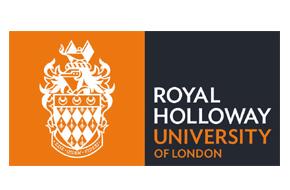Bedford Square, Bloomsbury, 19th September 3-6pm
Eric Arnould, University of Bath will speaking about ontology and method within consumer culture theory. Then, we have an esteemed panel to respond to the presentation consisting of James Fitchett, University of Leicester, Paul Hewer, University of Strathclyde and Shona Rowe, University of Westminster. Giana Eckhardt of Royal Holloway will chair the discussion.
Wine reception to follow.
If you wish to attend this event, please email alan.bradshaw@rhul.ac.uk
History, Heteroglossia and Institutional Power in Consumer Culture Theory
Eric J. Arnould
Consumer culture theory focuses on consumers’ deployment of cultural, social and material resources in combination with firm supplied materials in the pursuit of individual and social projects. Consumer culture theory engages with a number of distinct but overlapping paradigmatic scientific and humanistic world views. Reflecting on the short eventful history of consumer culture theory suggests a number of points for discussion among which are the intersection of institutional power and the evolution of method; the desirability of recognizing the theory ladenness of method and the method ladenness of theory; method as rhetoric, rhetoric as method; whether disciplined inquiry remains essential to meaningful work; and how recognition of and respect for paradigmatic heteroglossia is essential to the health of this field of inquiry.
Consumer culture theory focuses on consumers’ deployment of cultural, social and material resources in combination with firm supplied materials in the pursuit of individual and social projects. Consumer culture theory engages with a number of distinct but overlapping paradigmatic scientific and humanistic world views. Reflecting on the short eventful history of consumer culture theory suggests a number of points for discussion among which are the intersection of institutional power and the evolution of method; the desirability of recognizing the theory ladenness of method and the method ladenness of theory; method as rhetoric, rhetoric as method; whether disciplined inquiry remains essential to meaningful work; and how recognition of and respect for paradigmatic heteroglossia is essential to the health of this field of inquiry.


No comments:
Post a Comment